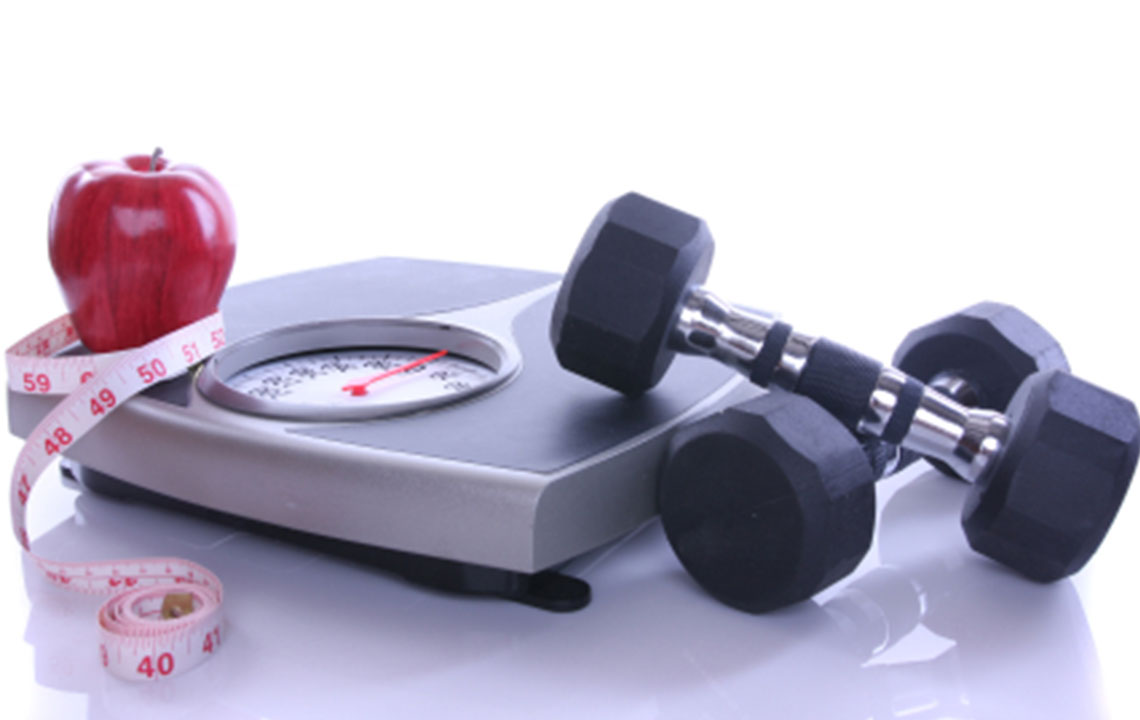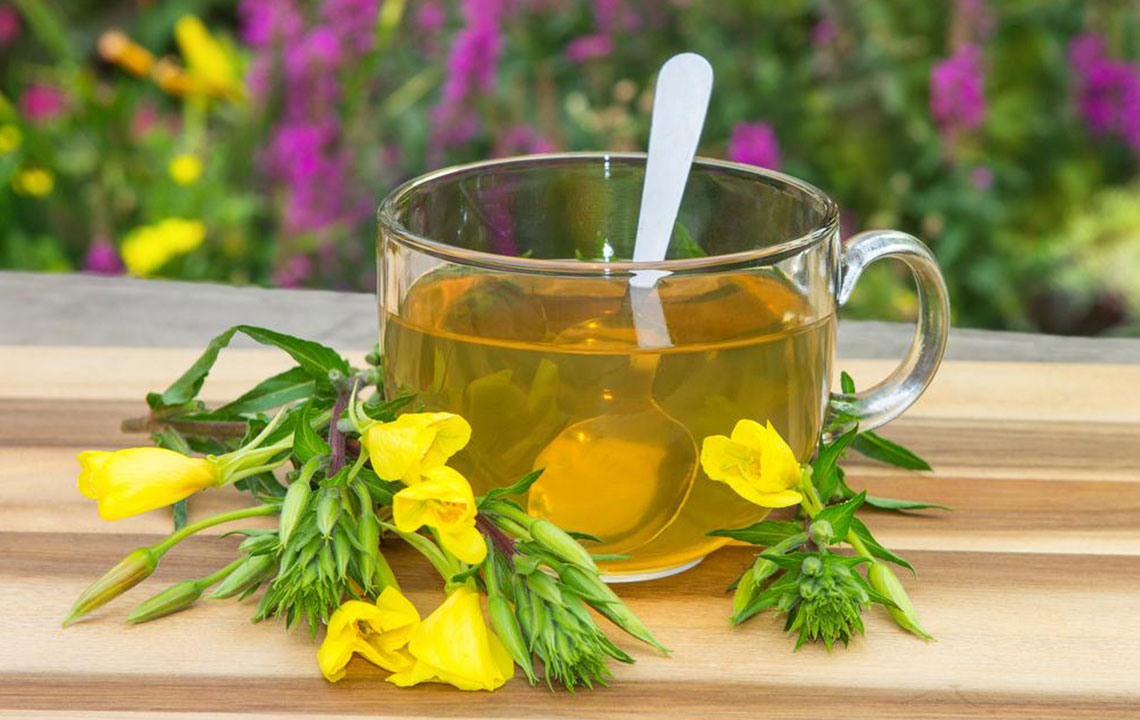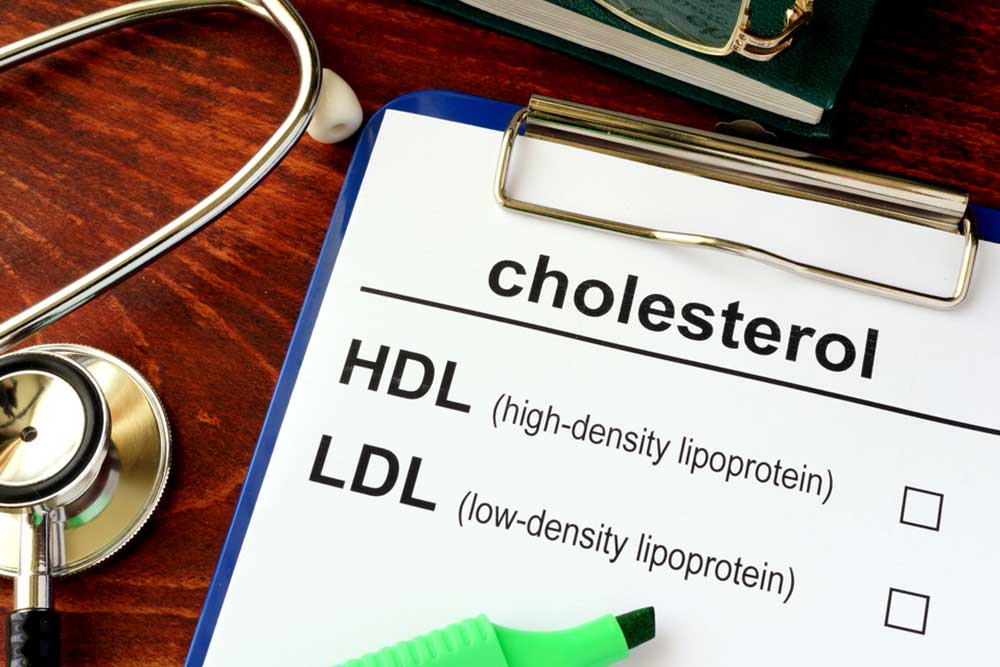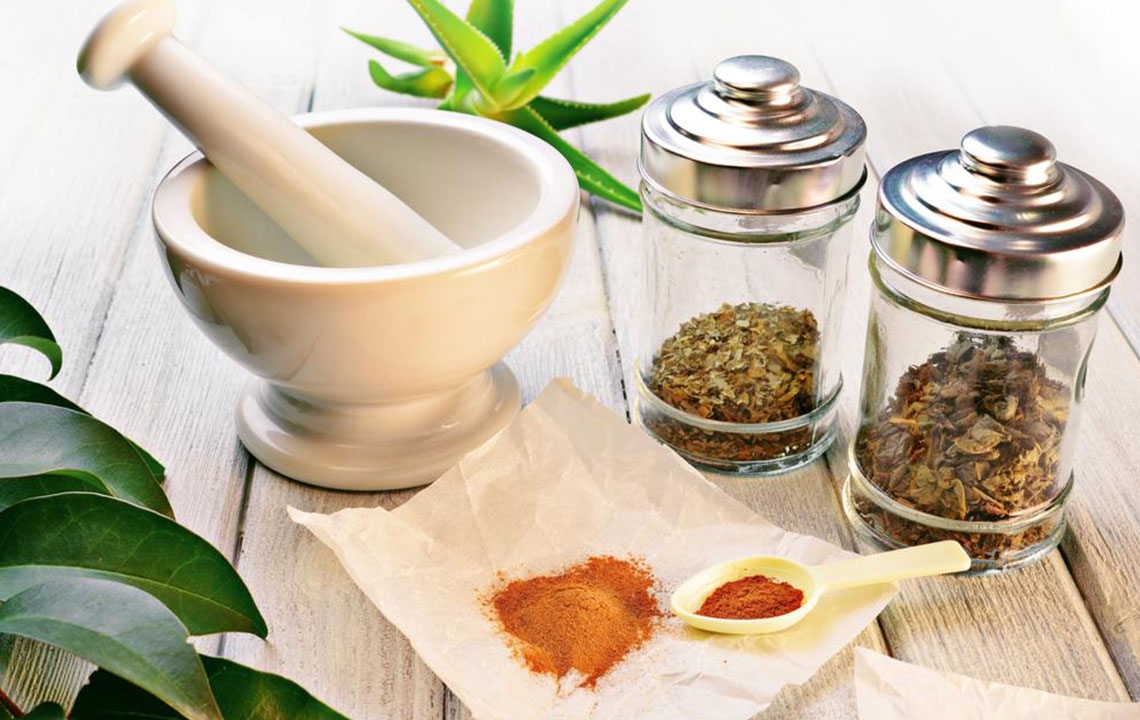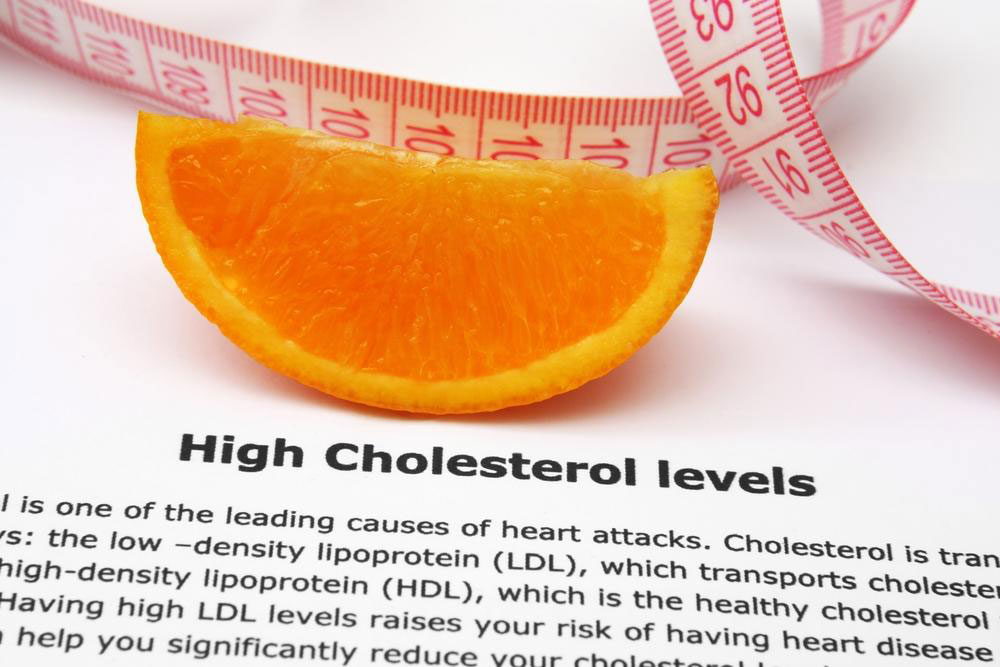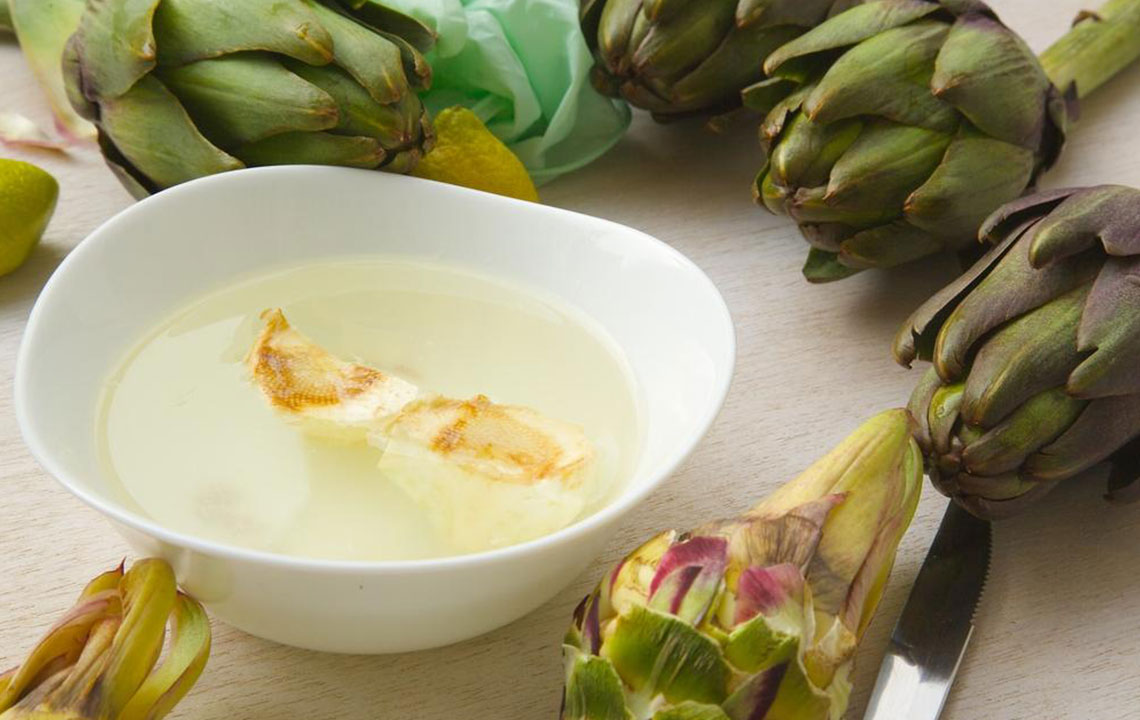Comprehensive Natural Approaches to Lower Bad Cholesterol (LDL) Effectively
Learn effective natural strategies to lower LDL cholesterol levels and improve heart health through dietary modifications, lifestyle changes, and healthy habits. This comprehensive guide covers foods to eat, foods to avoid, and lifestyle tips to maintain optimal cholesterol balance and reduce cardiovascular risks. Incorporate these proven methods into your daily routine for a healthier heart and longer life, highlighting the importance of a balanced diet, regular exercise, and avoiding harmful habits for long-term wellness.
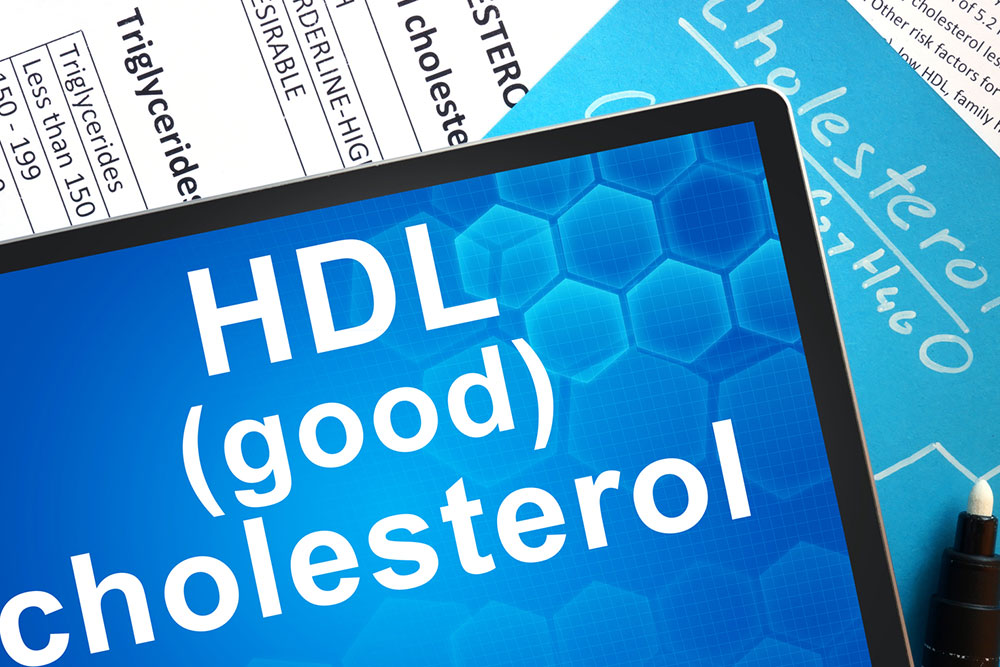
Proven Natural Strategies to Reduce LDL Cholesterol Levels and Enhance Heart Health
Maintaining a healthy cholesterol level is vital for cardiovascular health, and many individuals seek natural methods to manage their LDL (bad cholesterol) effectively. Cholesterol, a waxy substance essential for cell membrane formation, hormone production, and vitamin D synthesis, travels through the bloodstream via lipoproteins—mainly LDL and HDL (good cholesterol). While HDL helps clear excess cholesterol by transporting it to the liver for elimination, elevated LDL levels can lead to arterial plaque buildup, increasing the risk of heart attacks, strokes, and other cardiovascular diseases. Understanding how to naturally control these levels is crucial for long-term health.
Diet and lifestyle choices play a significant role in regulating cholesterol levels. Excess consumption of saturated fats, trans fats, physical inactivity, smoking, and obesity are primary contributors to elevated LDL. Fortunately, through targeted dietary modifications and healthy lifestyle habits, it’s possible to improve your cholesterol profile naturally. Below are detailed strategies and food choices that can help you achieve and maintain healthy cholesterol levels for a healthier heart and longer life.
Essential Dietary Changes to Lower LDL Cholesterol
Adopting a diet rich in specific foods can profoundly impact your cholesterol levels. These foods help lower LDL and promote overall cardiovascular wellness. Let’s explore the dietary habits you should incorporate:
Fruits and Vegetables:
These are packed with soluble fibers such as pectin, which bind cholesterol in the intestines and facilitate its excretion. Additionally, antioxidants like vitamin C, flavonoids, and polyphenols help reduce oxidative stress, which is linked to atherosclerosis. Incorporate a variety of fresh fruits like berries, apples, oranges, and vegetables like spinach, kale, and broccoli into your meals daily.
Whole Grains:
Foods like oats, barley, and legumes contain high amounts of soluble and insoluble fibers. These fibers delay digestion, help keep you full longer, and reduce the absorption of cholesterol. Regularly consume oatmeal for breakfast, add barley to soups, and include beans in your diet for a nutritious boost.
Low-Fat Dairy Products:
Opt for skimmed or low-fat dairy options to reduce saturated fat intake. Milk, yogurt, and cheese made from low-fat or skimmed milk support heart health and help maintain optimal cholesterol levels.
Lean Proteins:
Select skinless poultry, lean cuts of meat, and plant-based protein sources. Removing skin from chicken and turkey before cooking minimizes saturated fat intake. Consider incorporating more plant-based proteins like lentils, chickpeas, and black beans, which are naturally low in fat and high in fiber.
Omega-3 Fatty Acids from Seafood:
Salmon, mackerel, sardines, and other fatty fish are rich in omega-3 fatty acids that help reduce triglycerides, LDL, and inflammation. Prepare these fish by baking, grilling, or consuming raw (as in sushi) to preserve their beneficial properties.
Nuts and Legumes:
Consume almonds, walnuts, flaxseeds, and dry beans regularly. These foods provide monounsaturated fats, omega-3s, and dietary fiber beneficial for lowering LDL and improving overall heart health.
Healthy Fats and Oils:
Replace saturated fats with healthier fats found in extra virgin olive oil, avocado oil, and flaxseed oil. These oils are high in monounsaturated and omega-3 fats, promoting better cholesterol balance.
High-Fiber Cereals:
Choose cereals high in fiber and free from added sugars. Consuming such cereals can support digestive health, suppress appetite, and inhibit cholesterol absorption.
Soy Products:
Tofu, soy milk, and other soy-based foods contain compounds called isoflavones that have been shown to lower LDL cholesterol and increase HDL cholesterol.
Plant Sterols and Stanols:
These plant-derived compounds, found in fortified foods like certain margarine spreads, yogurts, and juices, inhibit the intestinal absorption of cholesterol, thus lowering LDL levels.
Fiber Supplements:
Adding soluble fiber supplements, like psyllium husk or methylcellulose, can further reduce LDL cholesterol by binding bile acids and cholesterol in the gut.
Foods and Habits to Avoid for Better Cholesterol Management
In addition to incorporating positive foods into your diet, it’s vital to limit or avoid those that can raise LDL cholesterol levels:
Unhealthy Fats:
Saturated fats from red meats, processed meats, butter, lard, and full-fat dairy products should be minimized. Trans fats found in hydrogenated oils, baked goods, cookies, and margarine are particularly harmful and should be eliminated entirely.
Sugar and Processed Snacks:
Reduce intake of refined sugars found in candies, pastries, sweetened beverages, and processed snack foods. Excess sugar can elevate triglycerides and lower HDL cholesterol.
Full-Fat Dairy and Fried Foods:
Limit consumption of butter, cream, high-fat cheeses, and fried fast foods, which are high in saturated and trans fats.
Alcohol and Smoking:
Heavy alcohol consumption can raise triglycerides, while smoking damages blood vessels and lowers HDL. Quitting smoking and moderating alcohol intake support healthier cholesterol levels and overall cardiovascular health.
Additional Lifestyle Recommendations
Beyond diet, living a heart-healthy lifestyle is essential:
Regular Physical Activity: Engage in at least 150 minutes of moderate aerobic exercise like brisk walking, cycling, swimming, or jogging weekly to boost HDL and lower LDL levels.
Maintain a Healthy Weight: Losing excess weight can significantly improve your cholesterol profile. Focus on gradual weight loss through balanced diet and exercise.
Stress Management: Chronic stress may negatively impact cholesterol levels. Practice relaxation techniques such as meditation, yoga, or deep breathing exercises.
Routine Monitoring: Regular blood tests to check cholesterol levels help you stay informed about your health progress and adjust your lifestyle or medications accordingly.
In conclusion, managing high LDL cholesterol naturally involves a comprehensive approach combining dietary improvements, physical activity, smoking cessation, and regular health check-ups. By making these adjustments, you can significantly reduce your risk of cardiovascular disease and enjoy better overall health. Always consult healthcare professionals before making significant lifestyle changes or starting new dietary regimens to ensure they suit your individual health needs.
